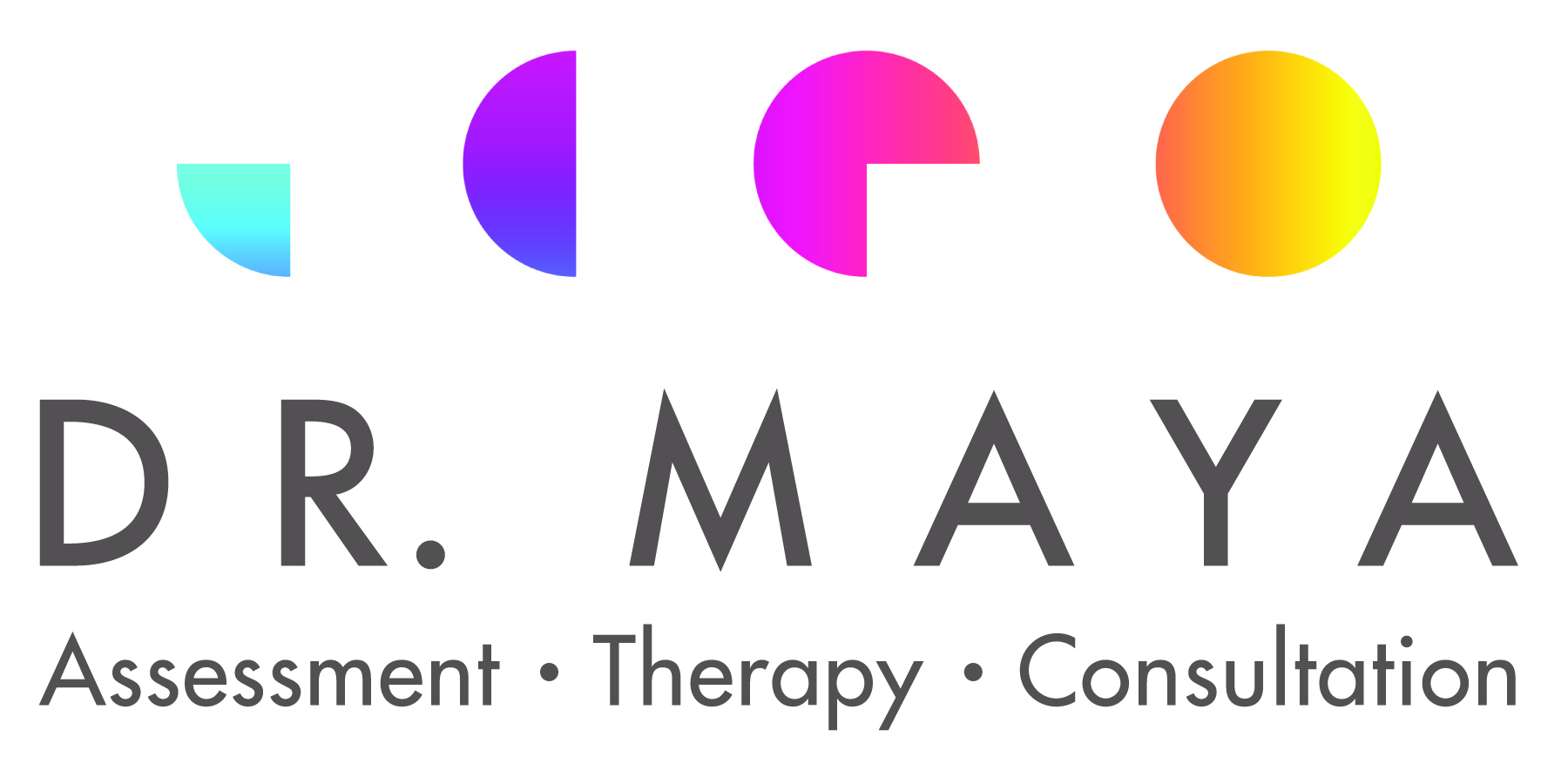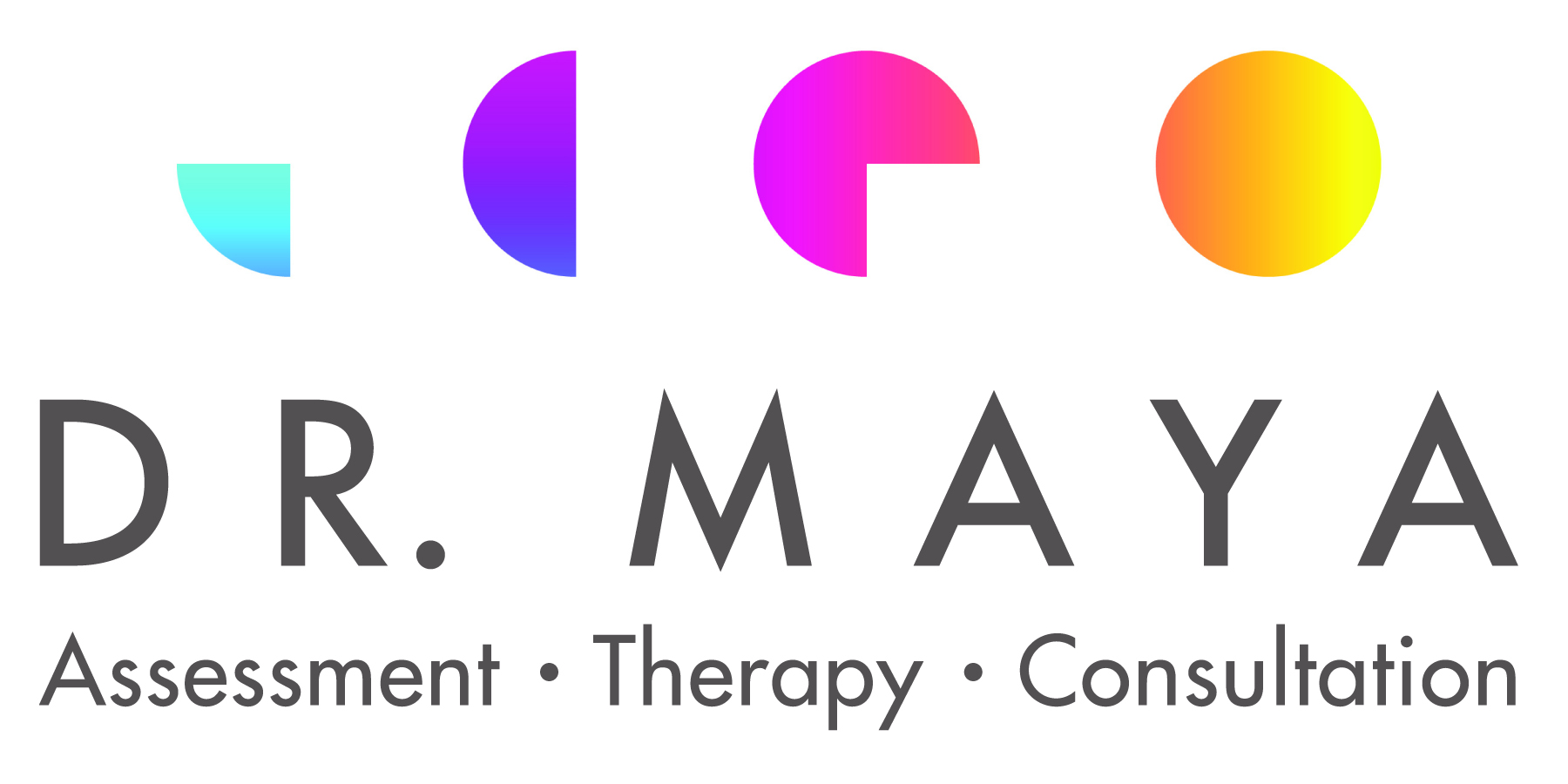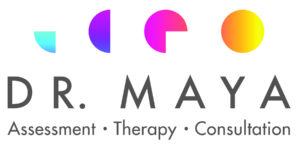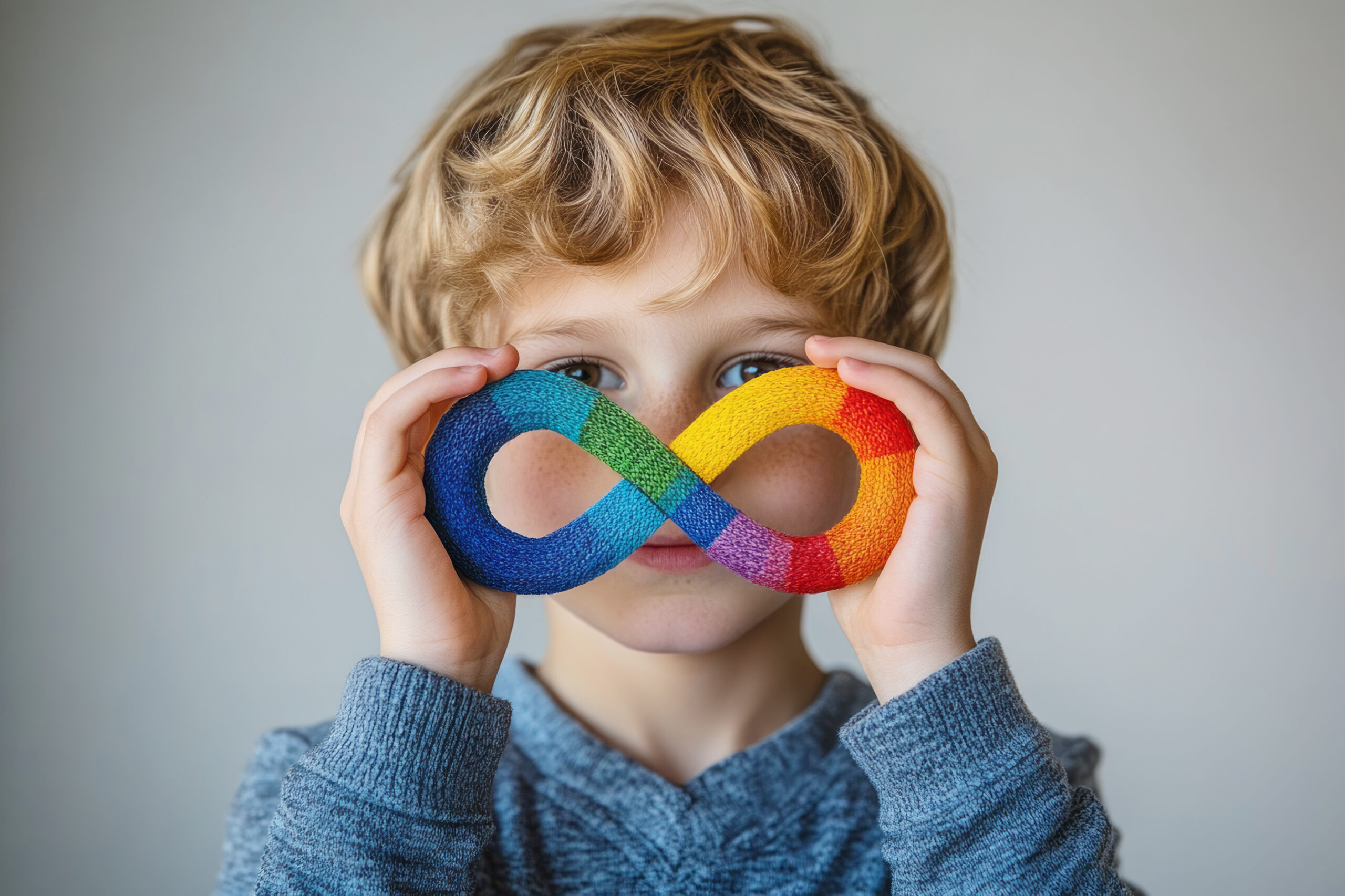Assessment Services
We provide comprehensive, neurodivergent-affirming psychological evaluations for individuals across the lifespan. Assessments can offer clarity, identify strengths, diagnose neurodevelopmental or mental health conditions, and help guide personalized support plans at home, in school, at work, and in the community.
We offer evaluations for children, teens, and adults, and tailor each assessment to meet the unique needs and goals of the individual and their family. Our process is collaborative, respectful, and rooted in evidence-based practices.
Why seek an evaluation?
Psychological assessments can help with:
-
Clarifying diagnoses such as autism, ADHD, learning disabilities, or anxiety
-
Identifying strengths and challenges in cognitive, academic, or adaptive functioning
-
Supporting access to services, school accommodations, or workplace supports
-
Guiding therapy, educational planning, or personal insight
-
Meeting documentation requirements for IEPs, 504 Plans, or ADA accommodations
We understand that each person’s journey is unique, and we strive to make the evaluation process informative, empowering, and sensitive to your lived experience.
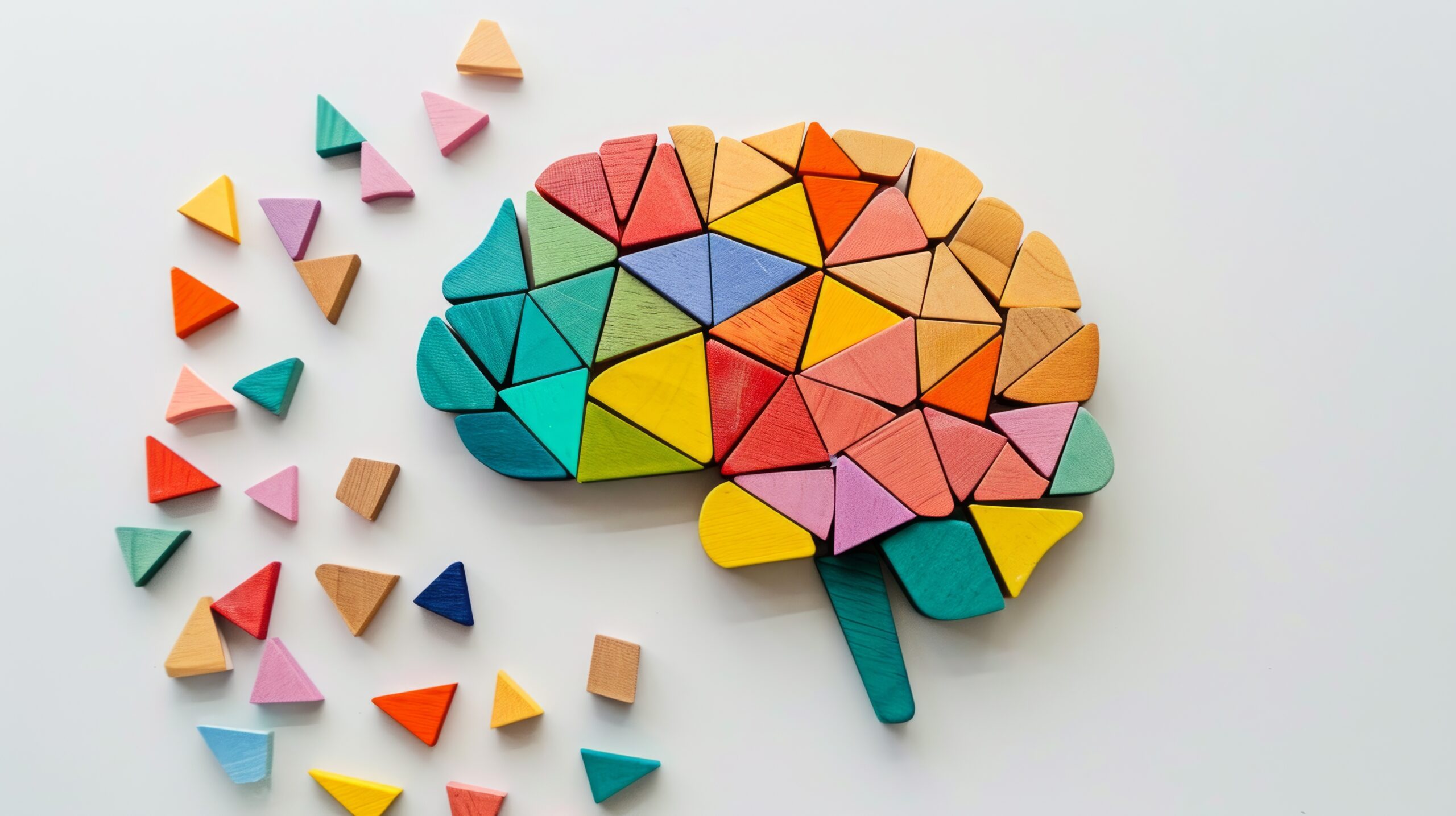
Explore Our Assessment Services
Child and Adolescent Assessments
Comprehensive evaluations designed to assess for autism, developmental differences, ADHD, learning challenges, and academic needs in children and teens.
Adult Assessments
Individualized evaluations for adults seeking clarity around autism, ADHD, learning differences, or emotional and cognitive functioning.
Guide to Autism Assessments
Learn more about how autism is diagnosed, how young it can be identified, and what is part of a comprehensive autsim assessment.
